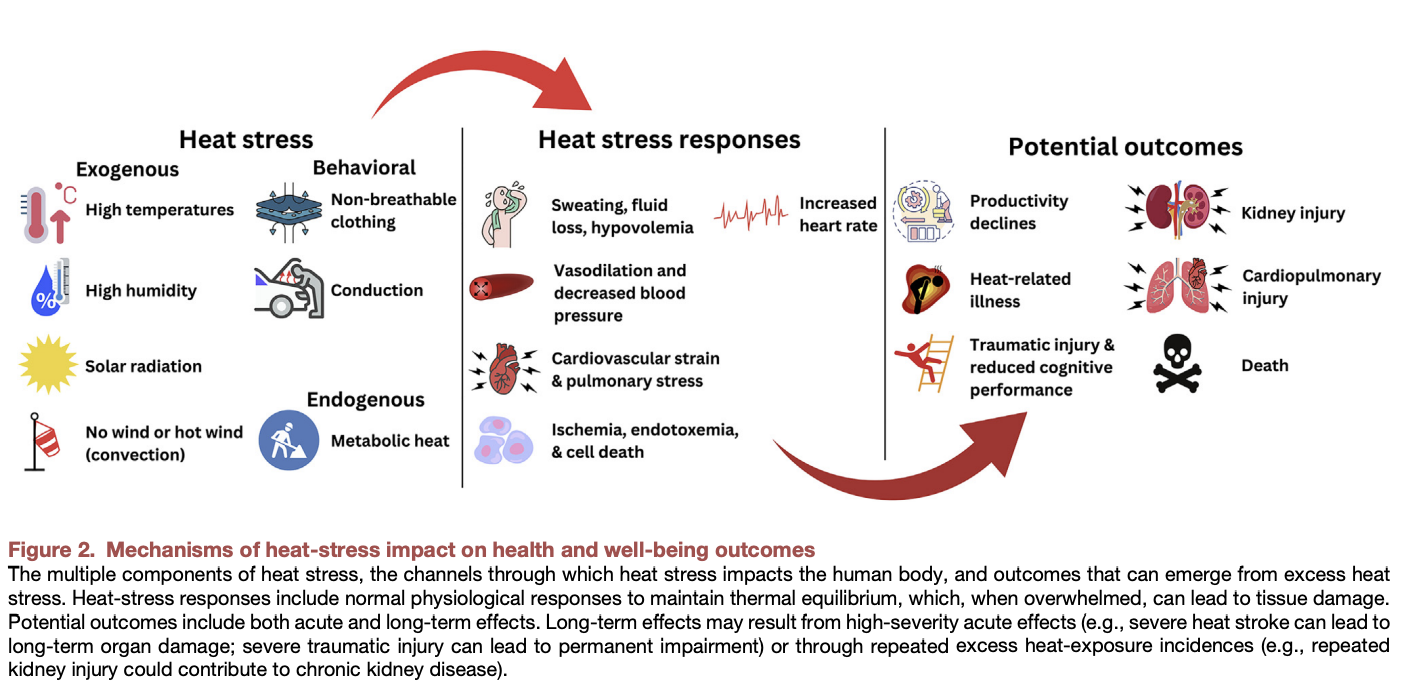
What solutions can employers implement to boost resilience and wellbeing?

An additional 1°C of heat will limit the work hours of about 800 million people in the tropics, according to a new study.
The study, which was published in the Cell Press journal One Earth early this month, studied the impact of global warming on the well-being of outdoor workers in the tropics.
"We show that under an additional 1°C of warming, ~800 million people in the tropics will live in areas where heavy work should be limited for over half of the hours in the year," the study said.
The findings come as most of the working-age population in tropical countries participate in outdoor-centric sectors such as construction, agriculture, fisheries, and forestry, according to Luke Parsons, co-lead author of the report.
"Some of the world's highest population growth rates are also projected to occur in these regions, hence the number of people potentially exposed to future high heat and humidity who also work outdoors will probably rise alongside global temperatures, putting them at even greater risk," he said in a statement quoted by The Nature Conservancy.
According to the report, the potential well-being outcomes from heat stress include:

Source: Impacts of warming on outdoor worker well-being in the tropics and adaption options
The findings come after the United Nations previously warned that the world is ushering an era of "global boiling," which could risk workers collapsing from scorching heat.
The study said there are various measures that can be simultaneously carried out to promote employees' health and well-being amid a heating world.
"For instance, governments could institute early warning systems for heat events as part of heat action plans and regulations to mandate employers to provide cool-down rest areas or cooling stations, sufficient rest breaks, flexible work schedules, schedules to acclimatize new workers, and stop work activities during extreme heat events," the report read.
The recommendation is similar to the warning system already implemented in Hong Kong, as well as the midday work ban imposed in the United Arab Emirates at some parts of the year.
For employers, the study said the primary measures they can take include implementing training, education, and workplace policies for workers and supervisors that cover the recognition of, response to, and symptoms of health illnesses and other health effects of heat stress.
Employers could also implement secondary measures such as flexible work schedules, rest breaks, set up cooling stations to reduce worker heat stress and enhance adaptive capacity. According to the report, employers can also implement tertiary solutions such as: